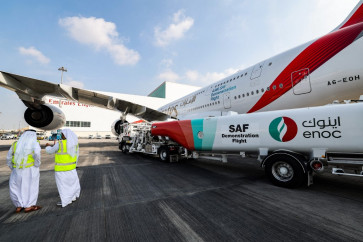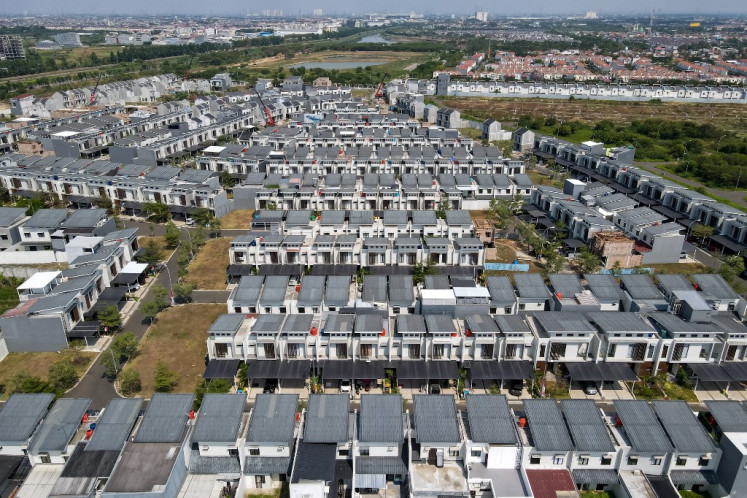Editorial: Humans for sale
Across Southeast Asia some 600 million people are now a âcommunityâ, following the official kickoff of the ASEAN Economic Community at the latest regional summit
Change Size

A
cross Southeast Asia some 600 million people are now a 'community', following the official kickoff of the ASEAN Economic Community at the latest regional summit. As leaders of the 10-member country organization celebrated the moment, they also signed another agreement with the US, a strategic partnership for the next five years, from 2016 to 2020. Encompassing a wide range of issues on cooperation including stability and economic integration, it may be seen as a bid to lure all members into US President Barack Obama's Trans-Pacific Partnership trade agreement.
Nevertheless, governments must seize the opportunity to step up prevention efforts and overcome the trafficking of persons, just one issue among many 'transnational challenges' in the agreement signed in Kuala Lumpur on Nov. 21. Usually governments in the region bristle at the US' annual report on trafficking in persons compiled by its State Department, placing countries in high and low tiers regarding their measures to prevent and overcome human trafficking.
There might be reason to show offense as Indonesia, like some other countries in the region, is in the low-ranking Tier 2. The country has been consistently in Tier 2 for seven consecutive year since the study was first carried out in 2008. This means that the government has 'not fully [complied] with the minimum standards for the elimination of trafficking, [although] it is making significant efforts to do so', based on the 2000 UN Protocol to Prevent, Suppress and Punish Trafficking in Persons.
Rather than being defensive, we should acknowledge the obvious ' that we lack personnel and capacity to watch over all migrant labor recruiters to ensure they are responsible and to ascertain which ones should be closed for their virtually criminal activities.
Last year Manpower Minister Muhammad Hanif Dhakiri declared that East Nusa Tenggara was experiencing a 'trafficking emergency', with 75,000 cases of suspected human trafficking, mainly affecting female migrant workers both within and outside the country. However, given the attraction of work far away compared to prospects at home, and the lack of supervision from local authorities, Indonesia has not progressed much from, for instance, the 2011 US report when every province nationwide was considered prone to human trafficking.
A police official said Indonesia was not doing as bad as the US report stated, but his assessment of a '50 percent success rate' in prosecution of suspected traffickers means millions are exposed to the business of trading humans, which is not limited to unregistered migrant labor recruiters.
On Tuesday, Nusron Wahid, head of the government's Agency for the Placement and Protection of Indonesian Migrant Workers, apologized to a 'national jamboree' of migrant workers in Jember, East Java, for the government's failure to improve protection measures, despite their remittances reaching US$8.4 billion last year. Earlier this year some 2,000 Thai, Burmese, Cambodian and Indonesian men were found working in slavery conditions on Thai trawlers in Maluku waters. As a 'caring community', citizens of ASEAN must be able to expect closer cooperation from their governments to fight organized crime that profits from selling humans.









